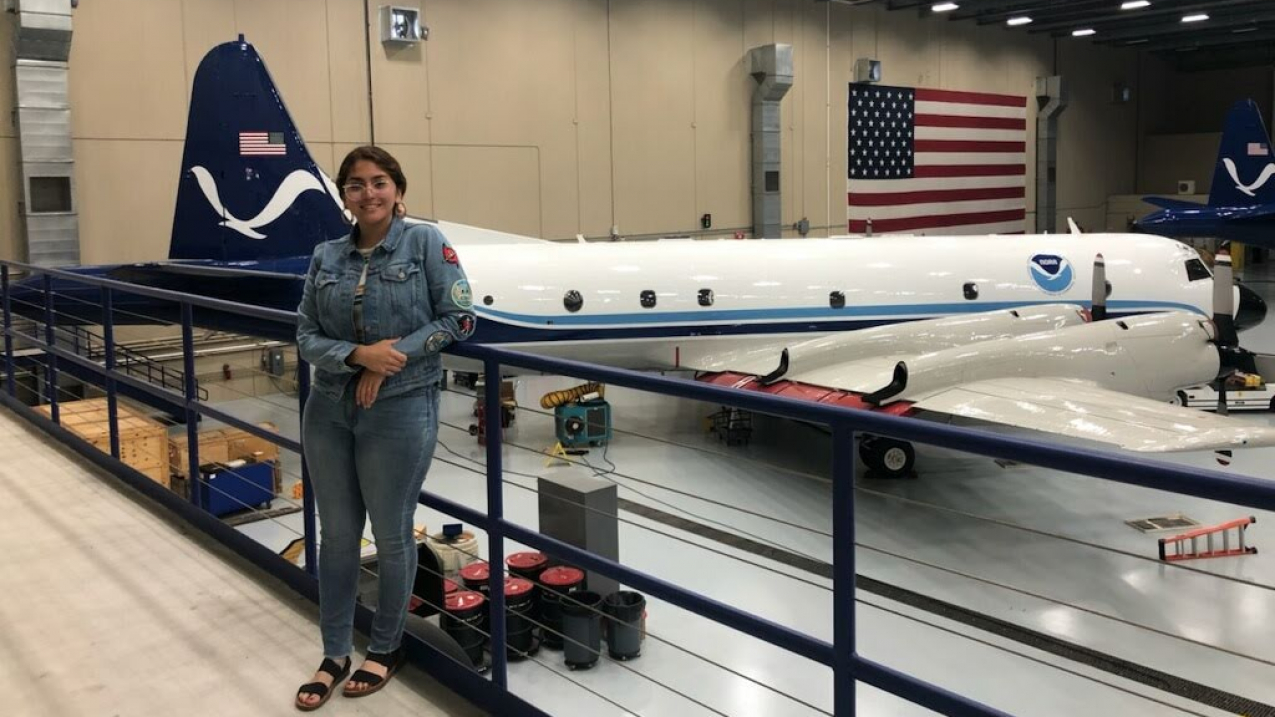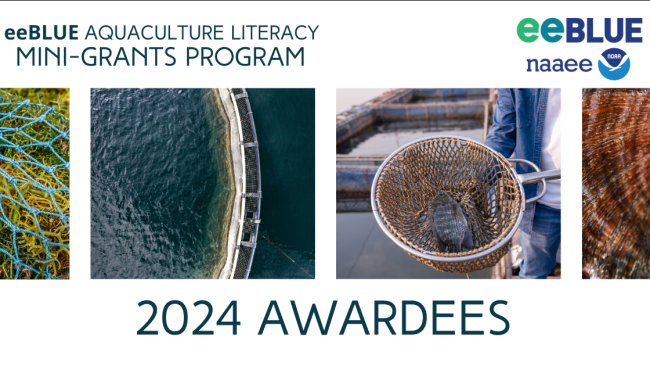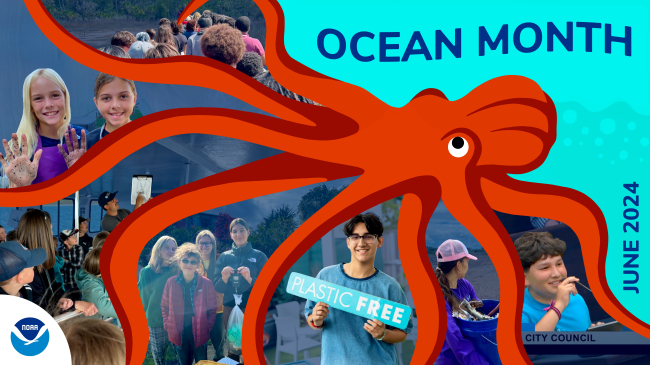EPP/MSI scholars grow professionally and strengthen career building skills during their scholarships — they complete two NOAA internships, a public service project, present at scientific conferences, and in the case of Nohemi (Perales) Beltran, present scholarship work at an intergovernmental regional meeting. Nohemi was invited to speak at the 80th meeting of the Joint Advisory Committee offsite link. The committee oversees the process to achieve cleaner air for the El Paso Del Norte Region, an air working group under the La Paz Agreement (an agreement between the U.S. and Mexico to protect and conserve the environment along the border). At the meeting, Nohemi shared the successes she’d had with raising awareness of air quality in her community as part of her NOAA EPP/MSI public service project.

Nohemi Beltran, a 2019 EPP/MSI scholar, visited the NOAA Aircraft Operations Center in Lakeland, Florida, during her 2019 internship. Here she poses with a NOAA Hurricane Hunters craft. (Image credit: Monica Sims)




